Krithi Ramamritham
EnsembleNTLDetect: An Intelligent Framework for Electricity Theft Detection in Smart Grid
Oct 09, 2021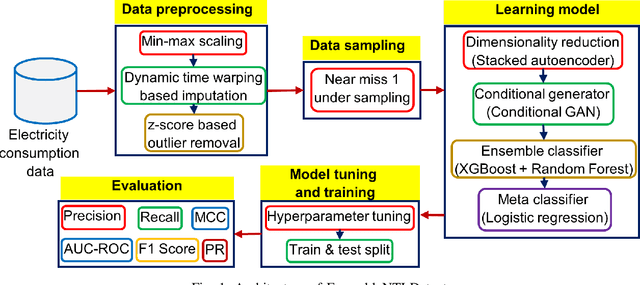
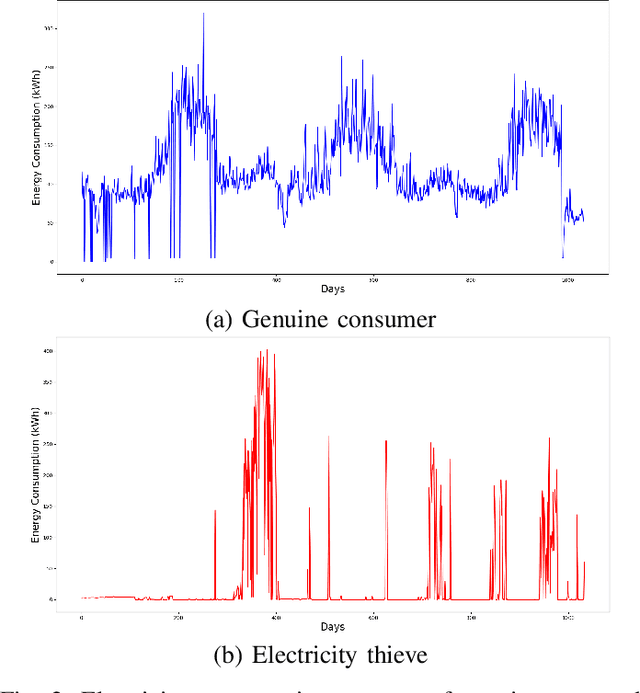
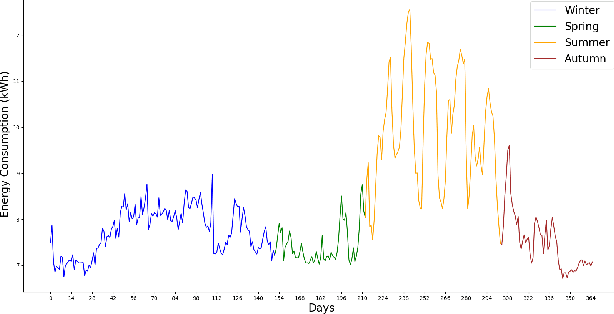
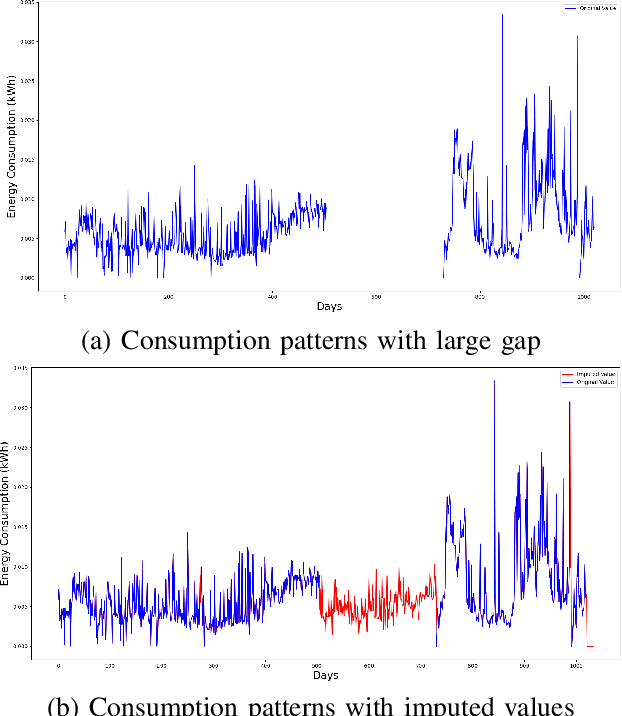
Abstract:Artificial intelligence-based techniques applied to the electricity consumption data generated from the smart grid prove to be an effective solution in reducing Non Technical Loses (NTLs), thereby ensures safety, reliability, and security of the smart energy systems. However, imbalanced data, consecutive missing values, large training times, and complex architectures hinder the real time application of electricity theft detection models. In this paper, we present EnsembleNTLDetect, a robust and scalable electricity theft detection framework that employs a set of efficient data pre-processing techniques and machine learning models to accurately detect electricity theft by analysing consumers' electricity consumption patterns. This framework utilises an enhanced Dynamic Time Warping Based Imputation (eDTWBI) algorithm to impute missing values in the time series data and leverages the Near-miss undersampling technique to generate balanced data. Further, stacked autoencoder is introduced for dimensionality reduction and to improve training efficiency. A Conditional Generative Adversarial Network (CTGAN) is used to augment the dataset to ensure robust training and a soft voting ensemble classifier is designed to detect the consumers with aberrant consumption patterns. Furthermore, experiments were conducted on the real-time electricity consumption data provided by the State Grid Corporation of China (SGCC) to validate the reliability and efficiency of EnsembleNTLDetect over the state-of-the-art electricity theft detection models in terms of various quality metrics.
Explainable AI: Deep Reinforcement Learning Agents for Residential Demand Side Cost Savings in Smart Grids
Oct 30, 2019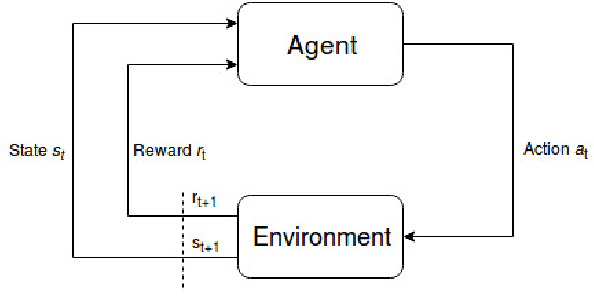

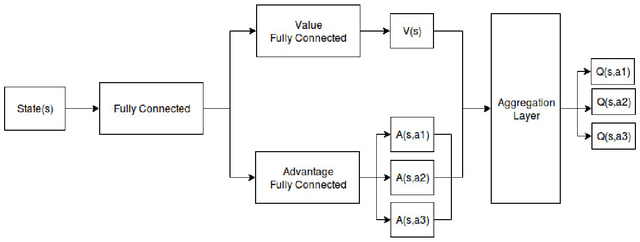
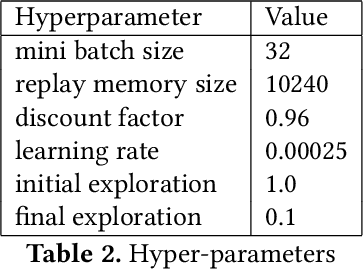
Abstract:Motivated by recent advancements in Deep Reinforcement Learning (RL), we have developed an RL agent to manage the operation of storage devices in a household and is designed to maximize demand-side cost savings. The proposed technique is data-driven, and the RL agent learns from scratch how to efficiently use the energy storage device given variable tariff structures. In most of the studies, the RL agent is considered as a black box, and how the agent has learned is often ignored. We explain the learning progression of the RL agent, and the strategies it follows based on the capacity of the storage device.
Civique: Using Social Media to Detect Urban Emergencies
Oct 14, 2016


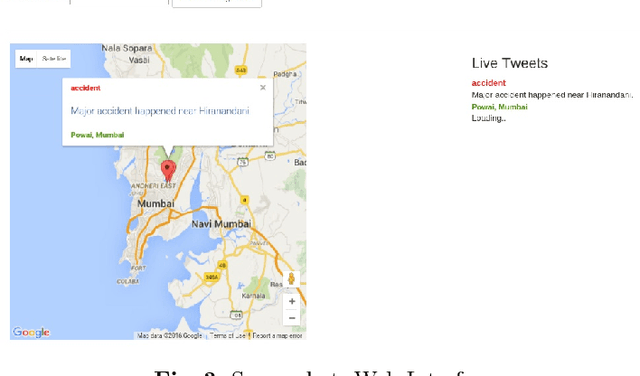
Abstract:We present the Civique system for emergency detection in urban areas by monitoring micro blogs like Tweets. The system detects emergency related events, and classifies them into appropriate categories like "fire", "accident", "earthquake", etc. We demonstrate our ideas by classifying Twitter posts in real time, visualizing the ongoing event on a map interface and alerting users with options to contact relevant authorities, both online and offline. We evaluate our classifiers for both the steps, i.e., emergency detection and categorization, and obtain F-scores exceeding 70% and 90%, respectively. We demonstrate Civique using a web interface and on an Android application, in realtime, and show its use for both tweet detection and visualization.
 Add to Chrome
Add to Chrome Add to Firefox
Add to Firefox Add to Edge
Add to Edge